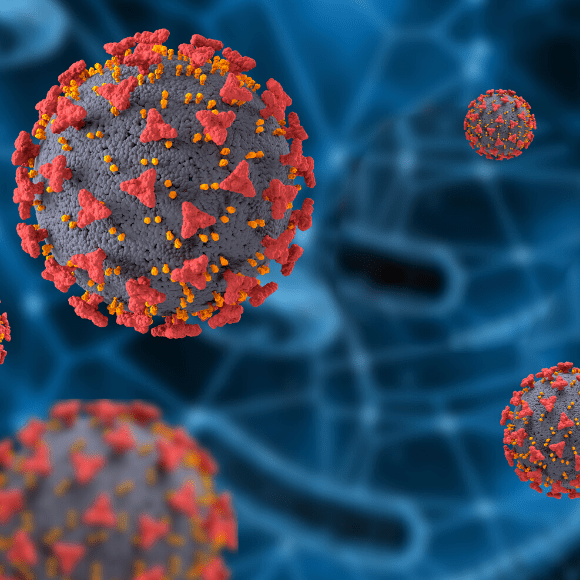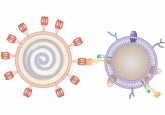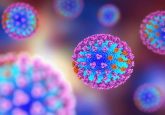Diagnosing COVID-19 without a test

The researchers behind the COVID Symptom Study tracking app have developed an artificial intelligence-based mathematical model that can predict whether an individual has COVID-19 based on their age, sex and four key symptoms.
Created by researchers at King’s College London (KCL; UK), Massachusetts General Hospital (MA, USA) and nutritional science company ZOE (London, UK), the COVID Symptom Study tracking app is currently used by more than 3.5 million people globally. Each contributor checks in daily to report their health status, whether they ‘feel physically normal’ or are ‘not feeling quite right’, and any COVID-like symptoms they may be experiencing.
If you would like to keep up to date with our content on coronavirus, you can sign up for our site here, where you can subscribe to our newsletters for free!
The COVID symptom tracking app, first launched at the end of March, has been used to track the spread of the disease through the population and gain a greater understanding of the different symptoms experienced by those cases not severe enough to require hospitalization.
Now, the research team has analyzed the data of just under 2.5 million reportees from both the UK and USA, around a third of whom had reported COVID-like symptoms. Of those experiencing symptoms, 18,374 individuals had been tested for coronavirus with 7,178 receiving a positive result.
From the data collected, the researchers investigated which symptoms were most likely to be associated with a positive test. A much wider range of symptoms was identified compared with cold and flu, above and beyond the fever and cough symptoms that many reports have focused on. Anosmia – loss of sense of smell – was a particularly striking finding, being reported by two thirds of those who tested positive for COVID-19 relative to just one fifth of those who tested negative. This particular finding supports anecdotal reports that loss of smell and taste are symptoms of the disease and suggests that anosmia could be a stronger predictor of the disease than fever.
 Predicting the course of a pandemic: when will COVID-19 end?
Predicting the course of a pandemic: when will COVID-19 end?
Data scientists have utilized artificial intelligence to create data-driven predictions of the trajectories of COVID-19 in different countries, ultimately predicting when COVID-19 will end.
Based on their data, the team created a mathematical model that was able to predict with almost 80% accuracy whether an individual has COVID-19. The prediction is based on their age and sex, as well as a combination of four of the most common symptoms: loss of smell or taste, fatigue, persistent cough and loss of appetite.
When applied to 800,000 of the app’s users, the model predicted that just 17.42% of those reporting as ill were experiencing COVID-19 at that time.
“Our results suggest that loss of taste or smell is a key early warning sign of COVID-19 infection and should be included in routine screening for the disease,” commented project lead Tim Spector (KCL). “We strongly urge governments and health authorities everywhere to make this information more widely known and advise anyone experiencing sudden loss of smell or taste to assume that they are infected and follow local self-isolation guidelines.”
It is hoped that combining artificial intelligence-based prediction models with widespread adoption of the app will enable those who are likely infectious to be identified as soon as symptoms begin to appear. This would mean that tracking and testing efforts may be focused where they are most needed.





